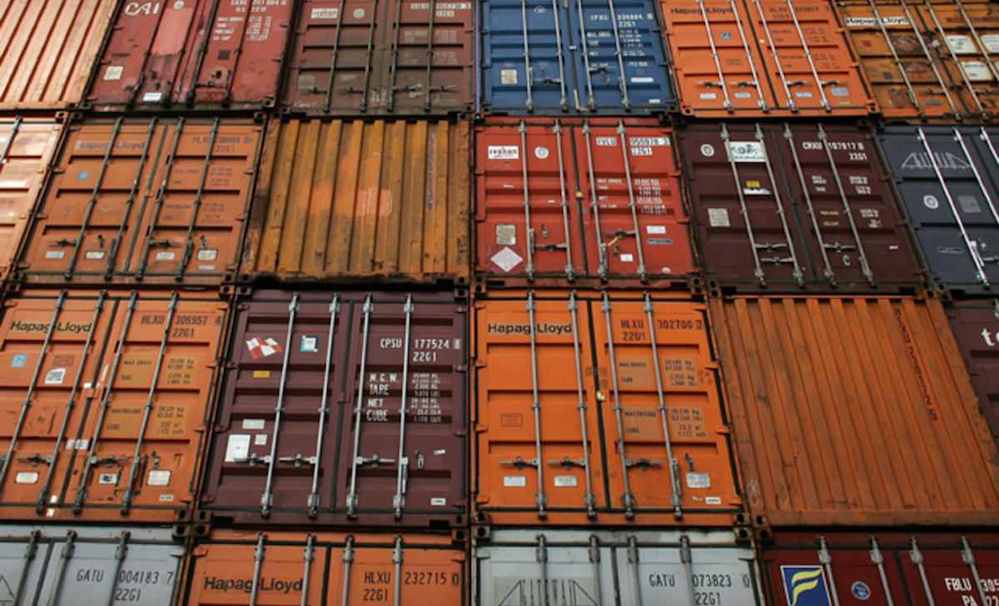In this article, Jamie Mcteer of OSE European shares his thoughts on how the UK freight industry can grow in 2017.
The international logistics sector is set to quadruple in size by 2050, according to the International Transport Forum’s 2015 Transport Outlook report. If the UK freight industry wants to meet the demands of this fast-growing sector, it needs to put the groundwork in place today for rapid future growth.
Here are my thoughts on how the UK freight industry can grow this year. If we follow these major trends, we’ll be in the best possible place to take advantage of this burgeoning global sector.
Meet consumer demand
If the UK freight industry wants to continue to grow, it’s going to have to adapt to consumers’ rapidly changing buying habits. With so many online retailers offering free delivery, people are now moving away from stacking purchases up and making one bulk order. Instead, they’re buying little and often.
This change can be seen across all sectors, with Mark Price, the managing director of Waitrose, telling the Telegraph that doing a single weekly shop is “a thing of the past”. Both online and off, people are buying what they need when they need it.
To thrive, the logistics sector will have to adapt to these new consumer demands. The solution is likely to lie in the localised distribution centre model pioneered by Amazon and their Prime Now model. As this system becomes more widely used, consumers will come to expect same-day delivery from every online retailer, and the logistics providers that respond best to this demand will be the big winners.
Harness Big Data
As technology advances and more of the logistics process becomes automated, it will be easier than ever to quantify every aspect of your operation. By collecting data at every stage of the process, you’ll be able to spot inefficiencies and quickly improve on them. If you aren’t collecting this data in 2017, you’ll quickly fall behind the competition as they continuously improve their processes.
The next step the UK freight industry needs to take in order to run as efficiently as possible is to harness Big Data. By sharing data on the consumer journey with one another, UK logistics companies can all get a better grasp of consumer demand and use this to optimise their processes. If the UK logistics sector was built on a shared database of detailed information, it would quickly rise to become one of the world’s biggest logistics players.
Address the skills shortage
The UK’s logistics sector is in danger of being left behind by its global competitors if it doesn’t solve its severe skills shortage, according to a report by the UK Commission for Employment and Skills. The report discovered that just 9% of the industry’s existing workforce is under 25 years old, suggesting that the talent pool will quickly dry up if more isn’t done to attract young people to a career in logistics.
If the UK freight sector has any chance of becoming a global leader by 2050, this has to change. However, the truth is that our industry has a terrible reputation among the current crop of graduates and school leavers. To change this and start attracting the next generation of talent to the industry, we have to do a much better job of advertising the benefits that come with it: fulfilling work, great pay, and the kind of job security it’s hard to find these days.
If the freight industry wants to grow in 2017 and beyond, it needs to embrace the current trends in consumer demand, harness Big Data, and start attracting the next generation of talent into the sector. This will put the UK in a great place to become a global leader in logistics as the sector becomes bigger than ever.







